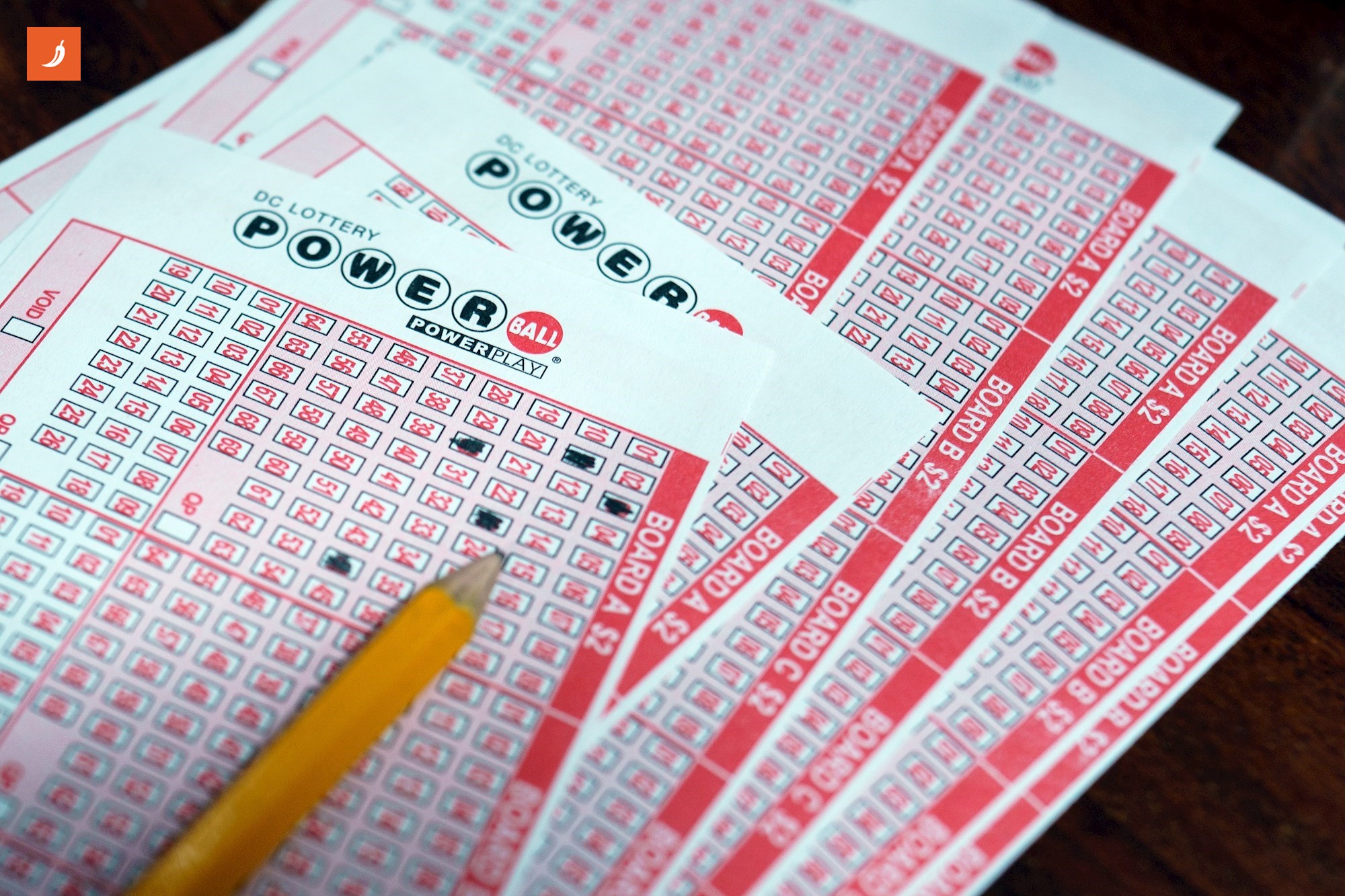Have you ever wondered if your parents didn’t give you enough attention while you were growing up? You’re not alone! Emotional neglect in childhood is a silent epidemic that leaves deep scars, often unnoticed. Experts from YourTango have identified seven clear signs that you might have grown up without the emotional support you needed, and the consequences are felt well into adulthood.
First, if you’re used to struggling alone and feel uncomfortable asking for help, that’s a red flag. Children whose parents were emotionally absent often had no one to ask how they felt or if they needed support. They learned that asking for help is pointless and tend to avoid it even as adults.
Second, setting impossibly high standards and directing anger at yourself is another sign. Growing up without emotional validation often leads to an inner feeling that you’re never good enough, regardless of your real achievements. It’s hard to forgive yourself for mistakes or see situations with understanding.
Third, if it’s easier for you to listen to others than to share your own thoughts and feelings, and you withdraw when asked how you are, this could be due to neglect. Children raised by parents who ignored their feelings learn that their emotions are unwanted or unimportant, so they suppress them even as adults.
Fourth, discomfort with strong emotions and conflicts is a sign. If you’d rather leave the room when things get heated, it might be because early emotional or physical abandonment made your brain hypersensitive to any threat of rejection.
Fifth, difficulty motivating yourself or controlling impulses is another indicator. If you struggle to do what you know you should or stop doing what you shouldn’t, then punish yourself for it, it may be because your parents didn’t help you develop healthy internal boundaries.
Sixth, emotional shutdown is common. When you’re sad, angry, or hurt, you convince yourself it doesn’t matter or that you should be stronger, leading to a loss of connection with your inner world. Later, you wonder why you feel nothing or don’t know what you want.
Seventh and finally, being your own harshest critic and struggling to accept your weaknesses or mistakes is a sign. Children who become prematurely independent may appear strong on the outside but are often vulnerable and unprotected inside because no one was there to support them when times were tough.
But here’s the good news: it’s possible to heal what you didn’t get. As an adult, you can learn to recognize your needs, express your emotions, and seek support. You’re not to blame for what happened, but now you can take responsibility for your recovery. The attention, tenderness, and emotional presence you lacked can now be given to yourself — and that can be truly healing.
If you see yourself in these signs, maybe it’s time to shed the burden of the past and start your journey to emotional healing. And hey, if you have your own story or think this is over the top, drop a comment below — it’s always fun to see who relates and who’s ready to say, “Nah, that’s not me!”









































